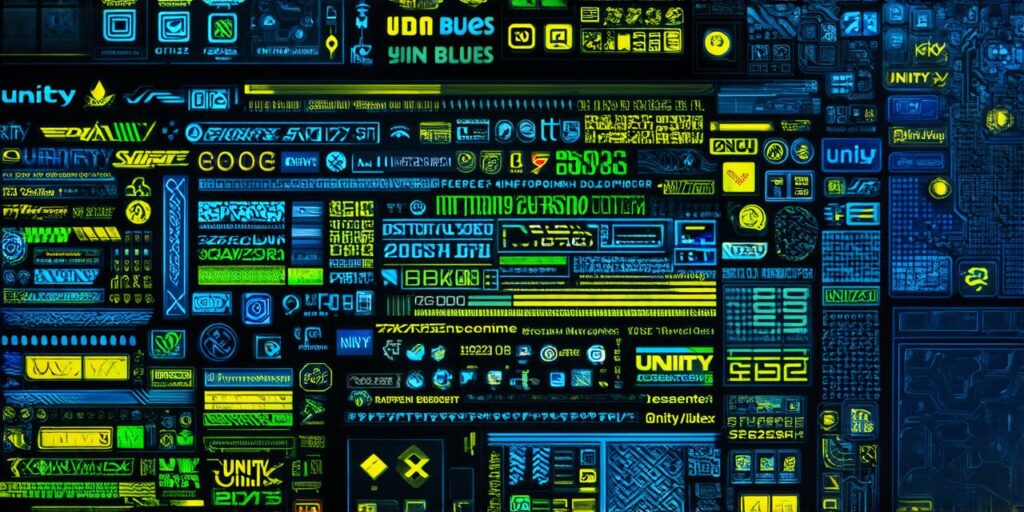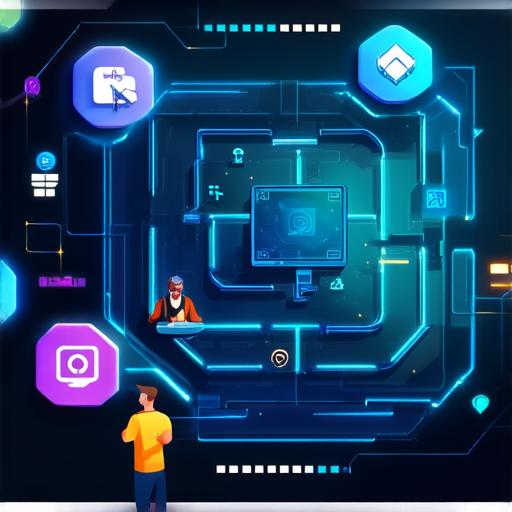
If you’re interested in becoming a Unity developer, there are several key areas of knowledge that you should focus on acquiring. Here are some of the most important ones:
Programming languages and frameworks

As a Unity developer, you will need to be proficient in at least one programming language, such as C or JavaScript. You should also have experience working with Unity’s scripting APIs and other tools and libraries that are commonly used in game development.
Game design and mechanics
In addition to technical skills, a Unity developer should have a strong understanding of game design principles and mechanics. This includes things like level layout, character movement, AI, and user interface (UI) design.
3D modeling and animation
Unity supports a wide range of 3D models and animations, so it’s important for a Unity developer to have some experience working with these tools. This might include using software like Blender or Maya to create assets, as well as understanding how to import and use those assets in Unity.
Performance optimization
One of the key challenges of game development is optimizing performance, especially on low-end devices. A Unity developer should have a good understanding of techniques for improving frame rates and reducing load times, such as reducing the number of draw calls or using textures efficiently.
Collaboration and teamwork
Unity projects often involve collaboration between developers, artists, and other stakeholders. A Unity developer should be able to work effectively in a team environment, communicate clearly and professionally, and manage their own tasks and deadlines.
Continuous learning
The field of game development is constantly evolving, with new tools and techniques being introduced all the time. A successful Unity developer should be willing to learn and adapt to these changes, and stay up-to-date with the latest best practices and technologies in the industry.


